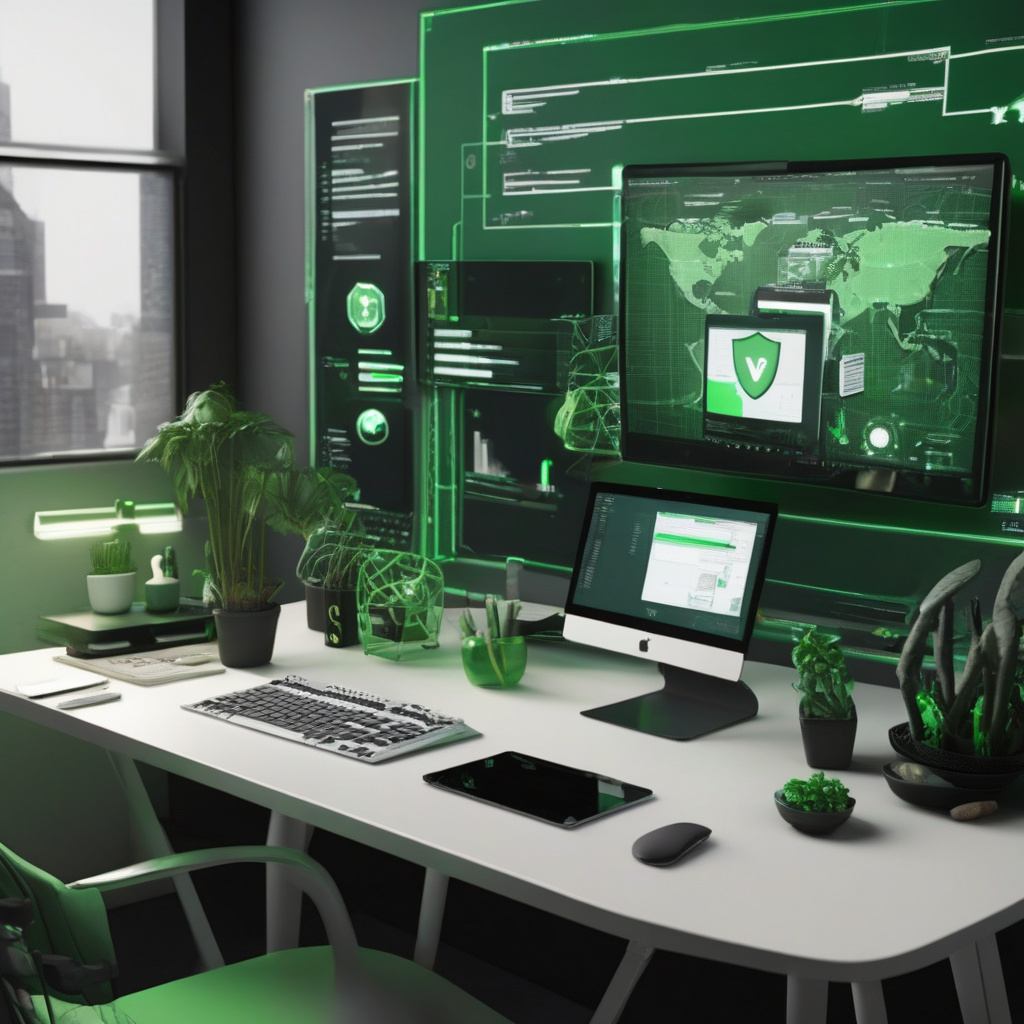Virtual Private Networks (VPNs) have gone from being used by tech and business professionals to being a household essential. This surge in popularity is not surprising given the increasing concerns about online privacy and security. However, while VPNs offer a plethora of benefits, there are certain do’s and don’ts that users should keep in mind to maximize their effectiveness and ensure a seamless experience.
Do’s:
- Do Choose a Reputable VPN Service: Opt for a well-established VPN provider with a proven track record of safeguarding user data and privacy. Research different options, read reviews, and select a service that aligns with your specific needs.
- Do Enable Kill Switch: Activate the kill switch feature on your VPN. This function automatically disconnects your device from the internet if the VPN connection drops, preventing your data from being exposed.
- Do Update Your VPN Software Regularly: Ensure that your VPN software is up to date. Regular updates often include security patches and performance enhancements that can improve the overall functionality of the VPN.
- Do Use Strong Encryption: Select VPN protocols that offer robust encryption such as AES-256. Strong encryption adds an extra layer of security to your online activities, making it harder for third parties to intercept your data.
- Do Consider Server Locations: Depending on your needs, choose VPN servers strategically located in regions where you require access. This can help you bypass geo-restrictions and enhance your browsing experience.
Don’ts:
- Don’t Use Free VPNs: Avoid free VPN services that may compromise your privacy by logging your data or displaying intrusive ads. Invest in a paid VPN service that prioritizes user security and confidentiality.
- Don’t Neglect Reading the Privacy Policy: Before signing up for a VPN service, thoroughly review its privacy policy. Ensure that the VPN provider does not collect or store sensitive information that could potentially be misused.
- Don’t Torrent Illegally: While VPNs can offer anonymity, engaging in illegal activities such as copyright infringement while using a VPN is still unlawful. Respect intellectual property rights and use VPNs responsibly.
- Don’t Disable IPv6 Leak Protection: IPv6 leak protection is crucial for maintaining anonymity online. Ensure that this feature is enabled in your VPN settings to prevent your real IP address from being exposed.
- Don’t Compromise on Speed for Security: While encryption can sometimes impact connection speeds, striking a balance between security and performance is essential. Opt for VPN protocols that offer a good compromise between speed and security.
By adhering to these do’s and don’ts of VPN usage, you can make the most of this powerful tool while safeguarding your online privacy and security. Remember that VPNs are just one aspect of a comprehensive cybersecurity strategy, so it’s essential to combine their use with other best practices to stay safe in the digital realm. Stay informed, stay protected, and enjoy a secure online experience with your VPN of choice.
For further insights on VPNs and cybersecurity trends, check out TechRound’s guide on The Do’s And Don’ts Of VPNs.

